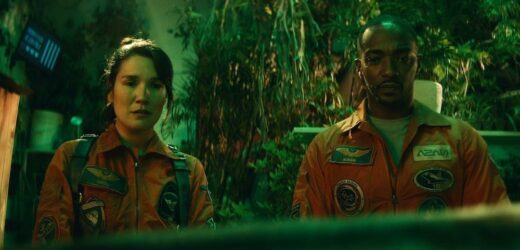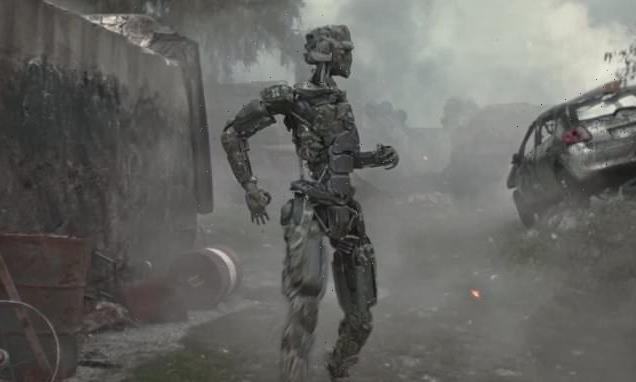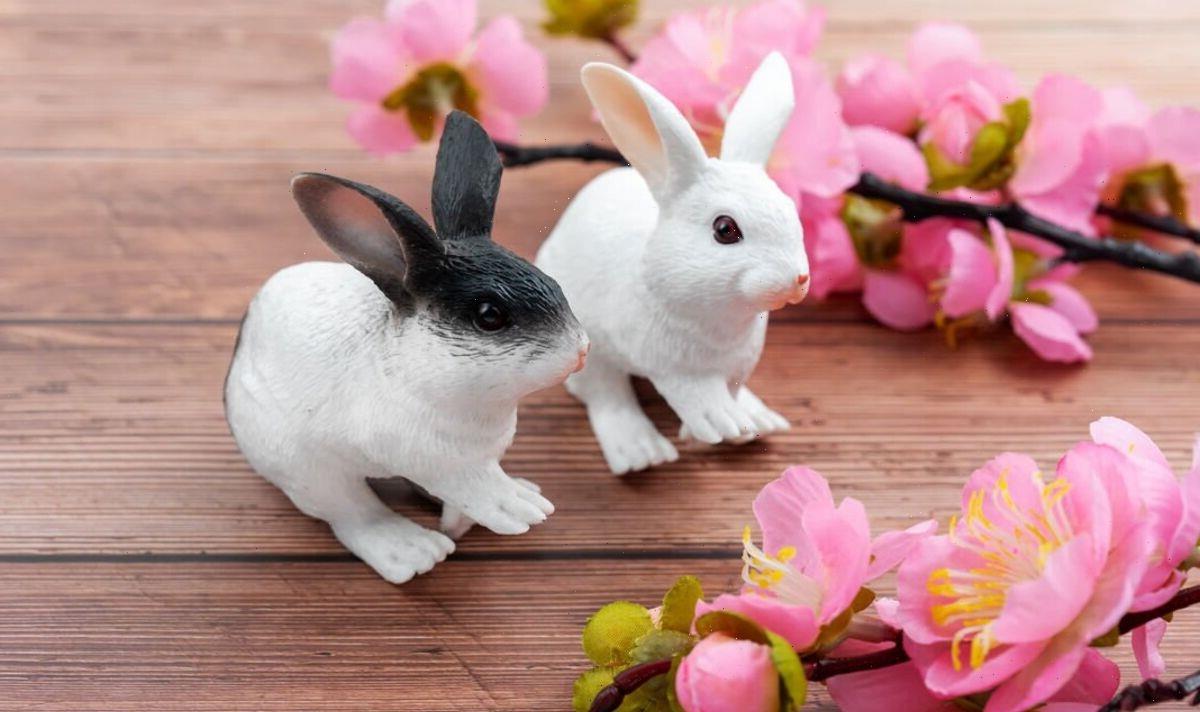Hooray! A romantic comedy that revives the screwball formula where two people talk themselves silly — and we only had to go to the end of the solar system to make it happen. Adam (Anthony Mackie) and Jane (Zoë Chao) are the sole surviving astronauts on a ship with no navigation and no communication system able to transmit their grievances to their NASA superiors who presumably think them dead. How long have they been adrift? Three years. How literal is the title “If You Were the Last”? Very.
But Kristian Mercado, making his narrative debut after directing a string of stand-up specials, and Angela Bourassa, who wrote the Black List-hailed screenplay, haven’t made a film about settling for the nearest sexual organ. (“You have the only penis for a million miles,” CC admits; nevertheless she sees him “like my big brother and my little sister … and he’s kind of like my dog.”) Instead, the swooning comes from watching these platonic shipmates debate why they should, and shouldn’t, settle — only to realize that their ability to have these frank talks is the fuel of a great relationship.
The marooned Adam and Jane are united in their predicament, but in opposition in their outlooks. He proposes the hook-up, arguing that since he’s given up on going home, they should seize joy however they can — he puts the hopeless in hopeless romantic. Jane is held back by her two solid traits: She’s optimistic and she’s pragmatic. Maybe they can still get back to their spouses (Geoff Stults and Natalie Morales), she counters, and even if not, NASA didn’t pack condoms for three married astronauts. (The third voyager, Benson, played by Missi Pyle in a few lightning-fast flashbacks, died before the movie begins and spends the movie as a skeleton in a space suit.)
In early scenes, it’s impossible to imagine these two getting together even though their conversation flows so easily that Mercado occasionally has to shut it off so we can feel the pang of its absence. Ironically, their bond seems too intimate — not just brother plus sister plus dog, but also best friend, workout buddy, dance partner, dinner date and science specialist charged to keep the other alive. They need each other like oxygen; adding sex would be too much to inhale, the nitrous in their air tank.
Plus, neither Mackie nor Chao comes to the film with much mushy cachet. Mackie’s worked steadily for two decades, and the closest he’s come to starring in a romance is playing a sperm donor in Spike Lee’s “She Hate Me.” Lately, in his action years, he’s become a glowering presence who seems to save his charisma for red carpets. And Chao, currently cast in the reboot of “Party Down,” has more often been stuck as the droll sidekick in other actors’ romantic comedies, her wisecracks peppering laughs into movies that range from mediocre to awful.
Here, Mackie’s control gives the film weight. He makes Chao’s character giggle, but better than that, he seems to unfold himself around her like a blanket. And Chao gets to play a character who, when not turning power drills into vibrators, gradually reveals something close to a soul. Here, she cries twice to Lionel Richie’s “All Night Long,” and in the moment, she makes you believe that it’s the most emotional song in the galaxy.
Power-drill-vibrator jokes aside, it’s a marvelously old-fashioned film from its Powell-Lombard DNA to its production design by Christopher Stull. The film’s handmade aesthetics glue the comfort of a retro camper van to the papier-mâché special effects of “A Trip to the Moon.” From the first shot, Mercado tells us that he’s rebelling against today’s cool, frictionless CG-heavy sci-fi and putting his own low-fi, low-budget fingerprints on every frame. The spaceship’s kitchen has noxiously-colored particle board cabinets and a dwindling supply of Pop-Tarts. The ringed planet outside the windows has visible wires and brushstrokes, and the galaxy beyond looks like it was lifted from the mural at a roller rink. When the light hits the ship just right, you could swear it was wood-paneled. The audience is gawking at so many tactile wonders that the editor Henry Hayes doesn’t try to compete for our attention. His restraint allows us to appreciate his few moments of flair.
The film can be adorable to a fault. There’s an attempt to wrangle this cuteness into sarcasm, like a failing computer system that bleeps out bad news in a pixelated font with frowny faces and crossbones. The gag gets a laugh in the moment, but sets up a tonal clash when the film eventually aspires to a sense of gravity. We can’t buy into the prank that NASA treats their missions like Tamagotchis and also cut to Earth where the bosses are humorless beige drones. Gotta pick one universe, dude.
Digging more into the film’s ideas would force the revelation of plot points that are best left to be discovered. But it’s safe to tease that “If You Were the Last” is scrupulous about balancing its comic setup with real emotions. Outer space is a contrivance to keep two people talking and talking when, back home, they’d have been happy to stay acquaintances. When Adam floats that they might be magically star-cross’d, Jane rightly rolls her eyes. But outer space also makes for a winning metaphor about how love can spin rational people on their heads. As Adam and Jane slow-dance to Tears for Fears’ “Head Over Heels,” we believe in love as an anti-gravity force — until one tear rolls down our cheek.
Read More About:
Source: Read Full Article


